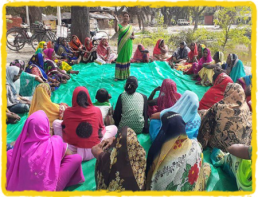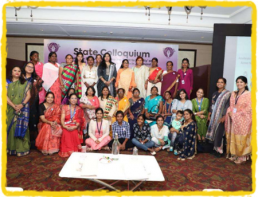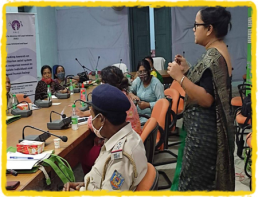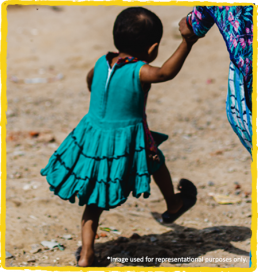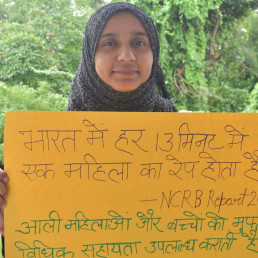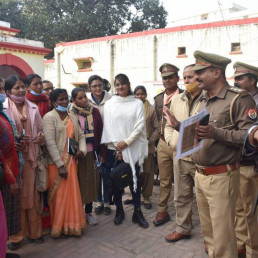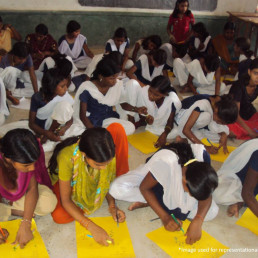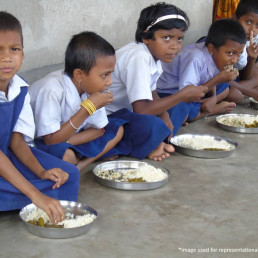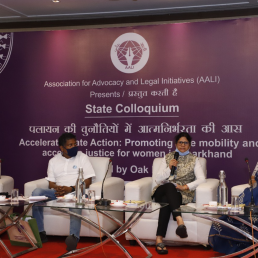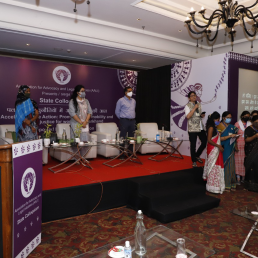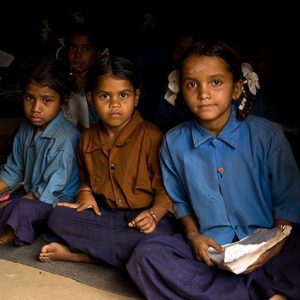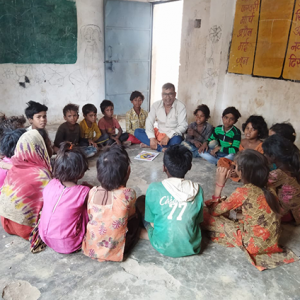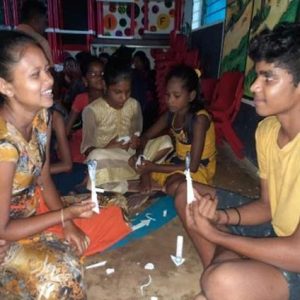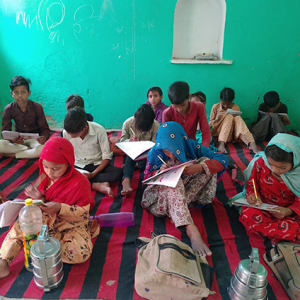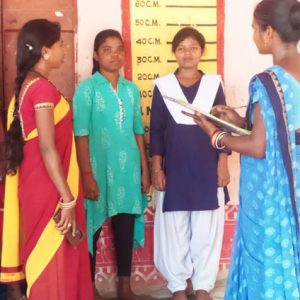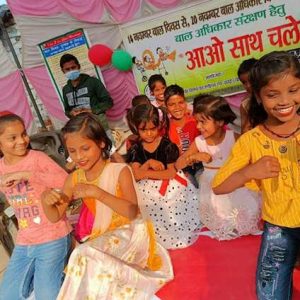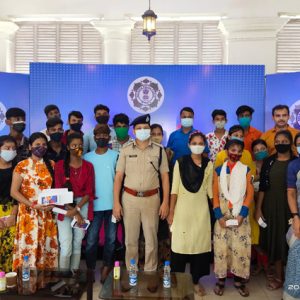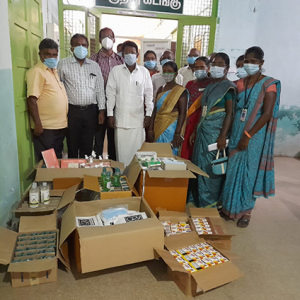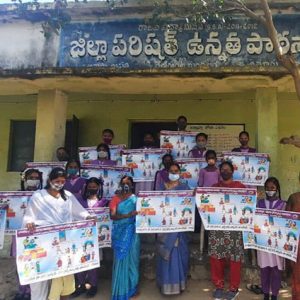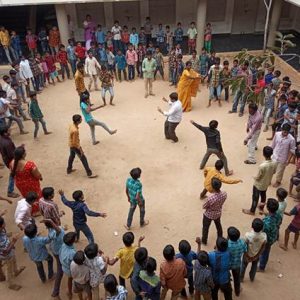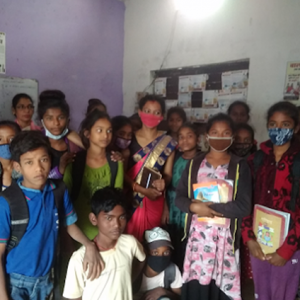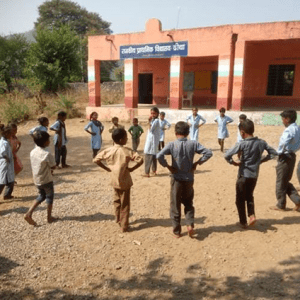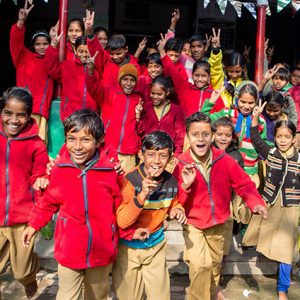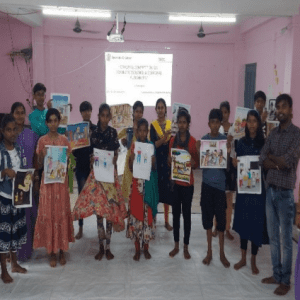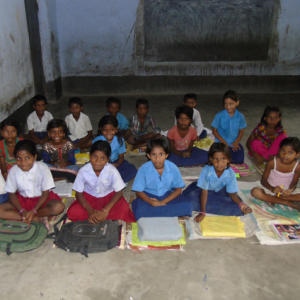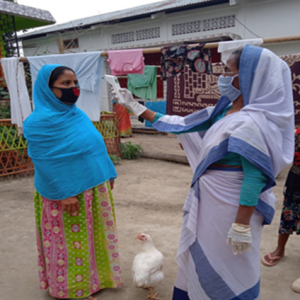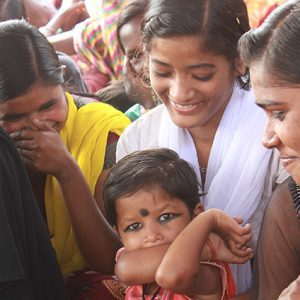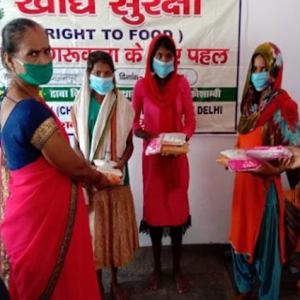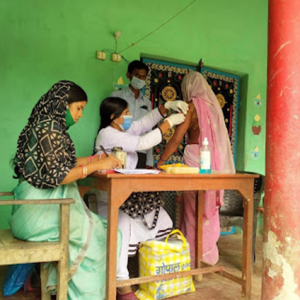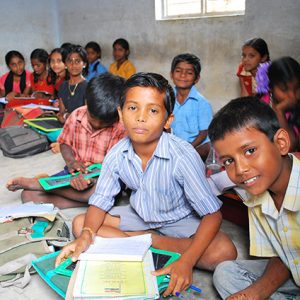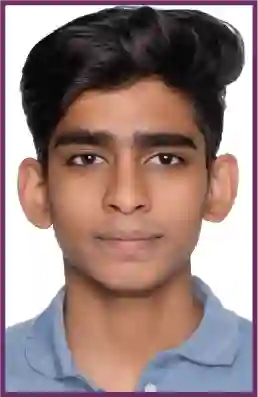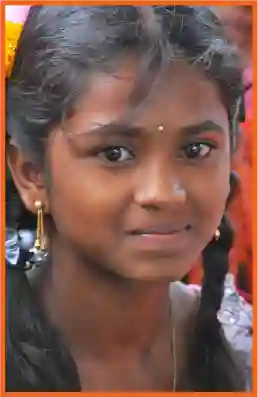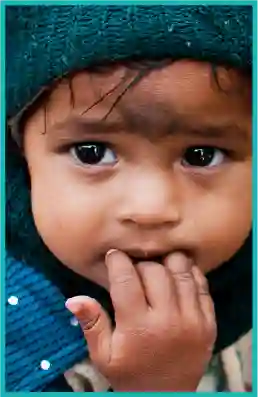Campaign Story
About the project
Gender-based discrimination remains a pervasive challenge throughout many of the locales where CRY America partners work. In Jharkhand state, women and girls in underserved communities face domestic violence, sexual harassment and assault. Along with this, lack of access to safe mobility, basic power of choice, as well as susceptibility to trafficking, child marriage and superstition-fueled persecution (including “witch-hunting”) are the issues that needs to be addressed. Women are disempowered by a poor understanding of economic opportunities and available legal resources and justice mechanisms.
This Project is fully funded by the Oak foundation.
Making a difference
AALI is a women-led organization committed to the protection and advancement of rights of women, children and other marginalized communities in Uttar Pradesh, Jharkhand, Uttarakhand and Bihar. AALI educates women in these communities about their own rights. Its core project strategy is to create a grassroots network of Young Women Community (YWC) Leaders, who educate others on their legal rights and how to claim them. Additionally, the organisation trains lawyers on how to assist women and girls in navigating the legal system, and through one-on-one case management connects women with social security programs and livelihood opportunities.
The way forward
● Support at least 150 survivors for legal intervention of their cases across 8 districts
● Organize 2 large-scale survivors’ meetings focusing on legal and psychological counseling and leadership building
● Organize state-level Lawyer’s Workshop to increase understanding of the nuances of laws pertaining to women and girls
● Orient 120 district stakeholders and 50 Labour Ministry officials on roles and coordination of efforts related to women’s right to mobility and elimination of trafficking
● Train a new cohort of community case workers and YWC on gender and identity-based violations and engagement with justice mechanisms.
● Reach target of 300 direct case interventions by trained community case workers in all eight districts.
● Organize human rights/justice system workshops with key district government stakeholders and state-level lawyers’ network.
● Coordinate 160 community-level meetings with local youth, aimed at knowledge building on: safe mobility, access to justice, trafficking of women and girls, labor laws, choice in relationships, illegal detention and confinement by family and honor-related violence.
Project Impact
213
Cases intervention, including domestic violence, child marriage, trafficking, sexual abuse, and witch-hunting.
136
Women survivors empowered to pursue legal intervention
51
Domestic violence cases resolved
77
Women linked to various social safety-net programs
194
Stakeholders participated in workshops on safe mobility and trafficking.
99
Bilateral meetings held on roles and responsibilities pertaining to women’s justice.











